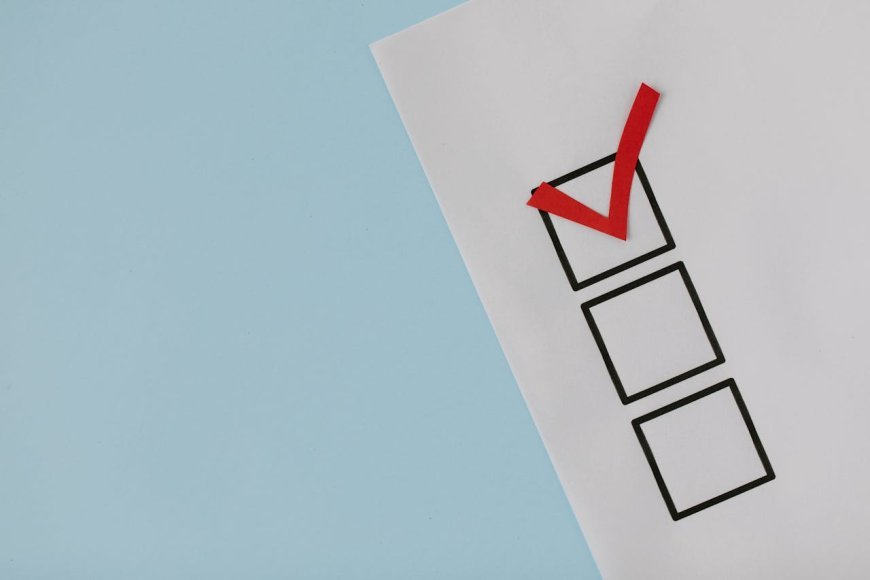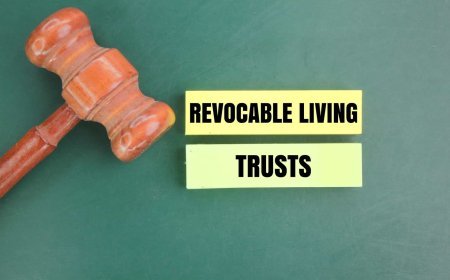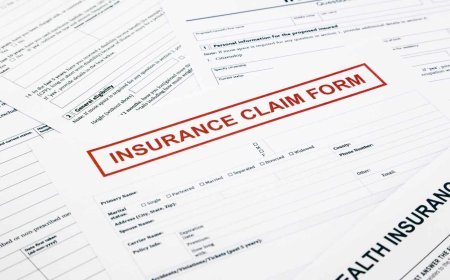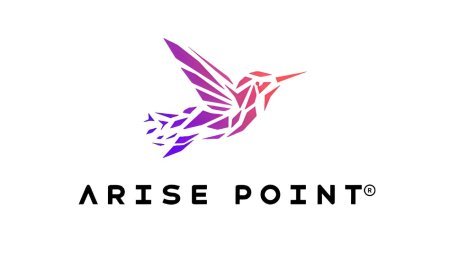The Importance of Gathering Post-Event Survey Questions

Evaluating an event after it’s over is key to making the next one even better. Whether you're organizing a massive international conference or a small hybrid meetup, taking the time to assess how things went can help fine-tune your marketing strategies, improve budgeting, and streamline logistics. A well-structured evaluation not only highlights what worked but also pinpoints areas that need improvement.
Since event planning involves so many moving parts, gathering feedback is one of the best ways to gain useful insights for future events. To help you get the most valuable responses, we’ve outlined the most common types of post-event surveys—along with five example questions for each.
Why Should You Send Post-Event Surveys?
A post-event survey is one of the best ways to gather honest feedback from attendees. It helps you understand what worked, what didn’t, and how people felt about their experience. Whether it’s the quality of the presentations, the event venue, or even the catering, post-event surveys provide insights that can shape the success of your future events.
These surveys typically include a mix of question types, allowing you to collect feedback on key aspects such as event marketing, budget allocation, and overall organization. By analyzing responses, you can create a clear list of action items to improve the next event and ensure it delivers an even better experience.
Beyond just gathering opinions, post-event evaluations help measure whether the event met its objectives—whether that’s increasing brand awareness, engaging stakeholders, or implementing the latest event trends like hybrid experiences and experiential marketing. They also allow you to assess the effectiveness of the technology used, sustainability efforts, and logistical planning.
Another key benefit? Strengthening relationships with vendors, sponsors, and partners. By using feedback to improve vendor negotiations and streamline event logistics, you create a smoother process for future events. When you actively listen to attendee and stakeholder input, you’re not just planning another event—you’re building a reputation for delivering outstanding experiences.
What are Good Post-Event Survey Questions?
A well-crafted event survey should include a variety of question types to collect both qualitative and quantitative feedback. Mixing different formats allows you to gain insights into attendee satisfaction, event effectiveness, and areas for improvement. Here are some effective question types to consider:
1. Multiple Choice Questions
Multiple-choice questions are quick and easy for attendees to answer since they simply select from pre-set options. However, they can limit detailed responses. Example:
Which session did you find most valuable?
-
Session A
-
Session B
-
Session C
2. Rating Scale Questions
These questions help measure attendees' overall impressions using a numerical scale. Example:
How would you rate your experience at the event?
-
Excellent
-
Good
-
Neutral
-
Poor
-
Terrible
3. Likert Scale Questions
Likert scale questions measure the level of agreement or satisfaction on a specific topic, making them great for gathering structured feedback. Example:
I was satisfied with the level of information presented by the keynote speaker.
-
Strongly Agree
-
Agree
-
Neutral
-
Disagree
-
Strongly Disagree
4. Open-Ended Questions
These questions allow attendees to express their thoughts in their own words, providing deeper insights that may not come from structured responses. Examples:
-
What was the most enjoyable part of the event?
-
What was the least enjoyable part?
-
What improvements would you suggest for next year’s event?
By combining these question types, you can gather a well-rounded understanding of your event’s success and make data-driven improvements for future events.
Tools and Techniques for Effective Post-Event Evaluation
To truly improve future events, you need the right tools and strategies to evaluate past ones. A strong post-event evaluation process helps you collect meaningful feedback, analyze attendee engagement, and refine your event planning strategies. With technology playing an ever-growing role in event management, leveraging the best tools and techniques can make the evaluation process more efficient and insightful.
1. Using Event Technology for Data Collection and Analysis
Modern corporate event management relies heavily on technology to track attendee behaviour, engagement, and satisfaction. Tools such as attendee management systems, feedback apps, and data analytics platforms provide real-time insights that help event planners make informed decisions. These tools streamline data collection and ensure that feedback is easily accessible, making it simpler to assess event performance and identify areas for improvement.
2. Gathering Insights Through Surveys, Interviews, and Focus Groups
While technology is crucial, traditional feedback methods remain highly valuable. Surveys, whether sent via email or embedded in event apps, allow for large-scale data collection, while interviews and focus groups provide deeper qualitative insights. These methods help uncover attendee perspectives that numbers alone can’t capture. A mix of structured and open-ended questions ensures that feedback is both detailed and actionable.
3. Evaluating International Events with Cultural Sensitivity
Assessing international events comes with unique challenges, such as language barriers and cultural differences. To gather the most accurate feedback, it’s essential to use multilingual surveys, culturally relevant focus groups, and region-specific data analytics. Tailoring your evaluation methods to different audiences ensures that you gain well-rounded insights that reflect the diverse perspectives of attendees from around the world.
4. Using Marketing Strategies to Improve Feedback Collection
Encouraging attendees to share their thoughts doesn’t stop once the event is over. Smart marketing strategies can boost engagement in post-event surveys. Tactics such as email follow-ups, social media polls, and personalized outreach can increase response rates. Additionally, offering incentives, such as discounts for future events or exclusive content, can motivate attendees to participate in feedback collection.
5. Analyzing Data from Hybrid Events
Hybrid events, which blend in-person and virtual experiences, require a more nuanced evaluation approach. It’s important to integrate data from both formats, measuring virtual attendance, online engagement, and digital content effectiveness alongside in-person interactions. Using analytics tools that combine these metrics provides a comprehensive view of the event’s success and helps planners optimize future hybrid experiences.
Final Thoughts
Post-event evaluation isn’t just a box to check—it’s a crucial part of the event planning process that drives growth and innovation. By using advanced event technology, gathering detailed feedback, and applying key insights to future events, organizers can continuously improve and stay ahead in the competitive event industry. The best events aren’t just planned—they evolve based on the lessons learned from past experiences.
What's Your Reaction?





































































